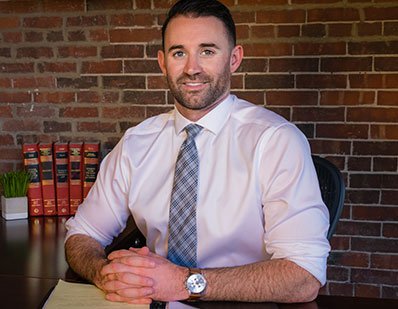Late last month you may have heard about an elder resident of a retirement home collapsing to the ground while the staff of the facility refused to administer CPR. In fact, there is 911 audio available online where the nurse, who is speaking to the dispatcher, refused to give CPR to the dying resident because it was against company policy. In the end, the patient was deceased by the time the paramedics reached the facility. It is unclear whether she would have survived had CPR been administered.
While this certainly constitutes a tragedy and is morally reprehensible, many would be surprised to learn that one has no duty to act to save someone else from harm. Of course there are exceptions to this general rule, for example, if you were the cause of the harm, but contrary to everyone’s favorite series finale, typically you can walk right on by someone who is injured and screaming for help (of course the moral thing to do is to help them, and this may also be governed by local laws).
But what of this situation? Did a special relationship exist between the retirement home and the deceased? One must look to the facts to determine whether a relationship existed. The resident was living in a residential facility. Typically these facilities provide a resident with their own living quarters and do not have full time nursing care.
For the purpose of argument, we will assume that there was no mention in the agreement between the parties that staff members would NOT resuscitate a resident.
The resident was in the common dining hall at the time she collapsed. This is an important distinction for a couple of reasons.
First, the elder resident has better footing to argue that a business-invitee relationship existed. This special relationship (although not recognized in every state) requires a heightened duty of care. Because the resident was not in her “residence” and instead was in the “common” dining hall, the elder resident can argue that while in the “common” area, she enjoyed invitee status. She can argue that because it is part of the retirement home’s business to provide food to its residents, she was an invitee of the business when she was in the dining hall. The argument is stronger in the common area, because the dining hall is more like a business than an individual’s private quarters.
Second, there may have been an expectation that she would be helped while she was in the dining hall. There were several staff members in the dining hall when the resident collapsed and at least one of those staff members was a nurse. The question becomes, does a reasonable customer expect to be helped in a common dining hall of a business? Arguments can be made either way, but there is at least a chance that the answer is yes.
Consider this. Suppose the elder resident had not collapsed, but was choking on a piece of food. The food could be dislodged rather easily using the Heimlich maneuver. Does a resident have an expectation that the less invasive Heimlich maneuver be utilized? Is that expectation any different to that of CPR?
While we may or may not see this play out in court (the family of the resident reportedly said the nurse was in the right), it brings to light something that many people may not know about. Generally, the law imposes no duty to assist or save anyone, ever.
While Jerry, George, Elaine, and Kramer may be sitting in jail out in Western Mass for violation of a “Good Samaritan” law (Seinfeld Clip), these laws are rare in their existence and even rarer in their application.
Written by Attorney Nicholas J. DiMedio. Attorney DiMedio is an attorney licensed to practice in NJ and PA. Contact him at 856-438-0565.
Michael Kelly Injury Lawyers is conveniently located at 220 Commercial Street, Boston, MA 02109. Our attorneys are aggressive and experienced in a number of areas of law. Contact Michael Kelly Injury Lawyers today by submitting an inquiry on our website or by calling Michael Kelly Injury Lawyers at 617-807-0855 for a free and confidential legal consultation on your case.

